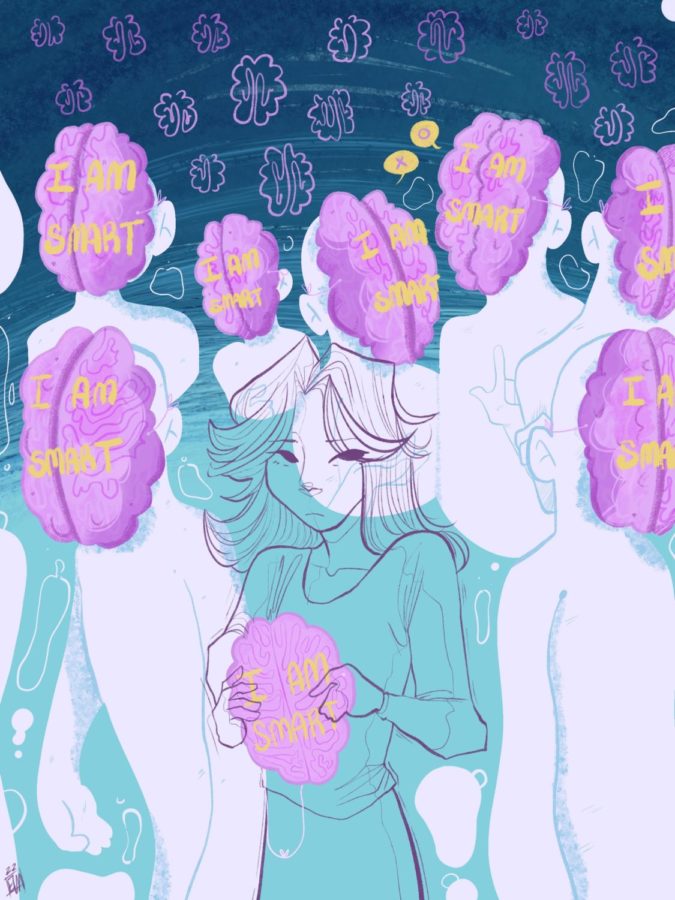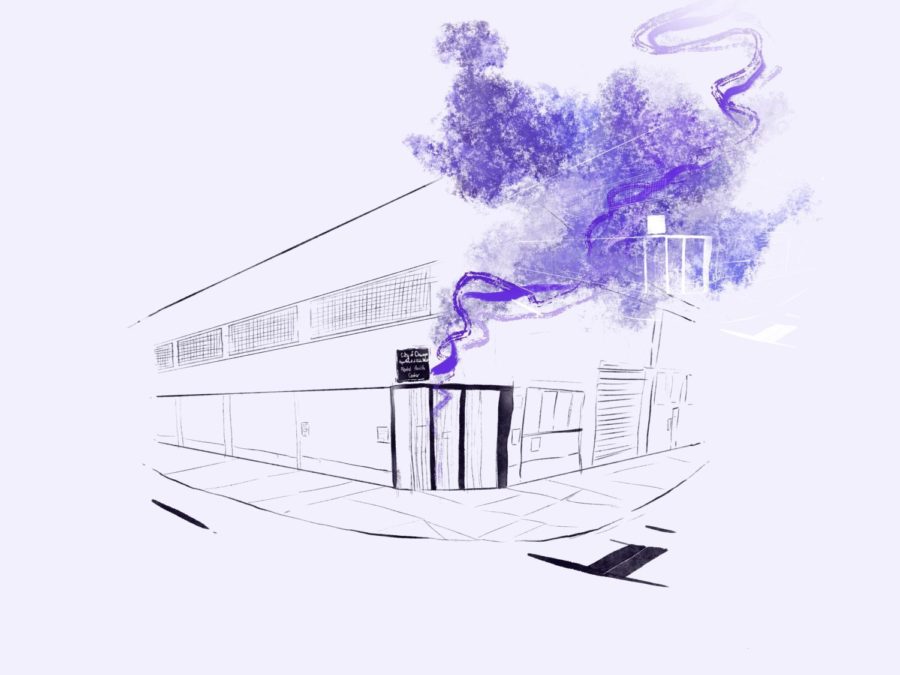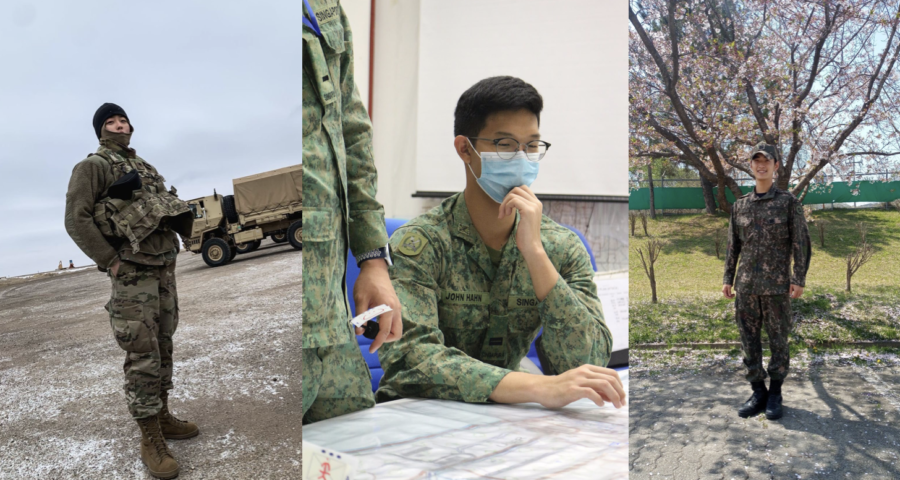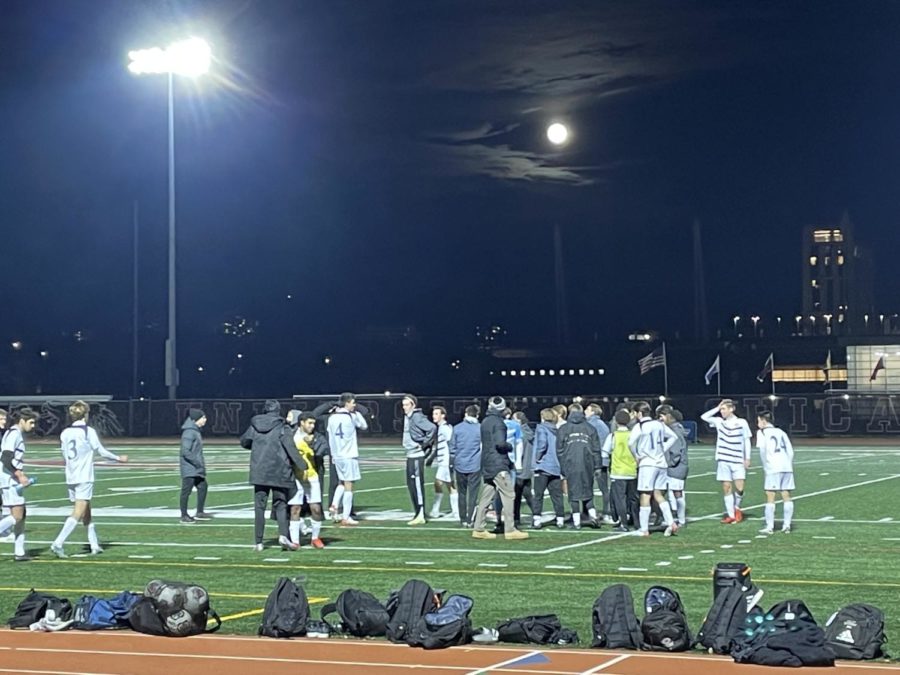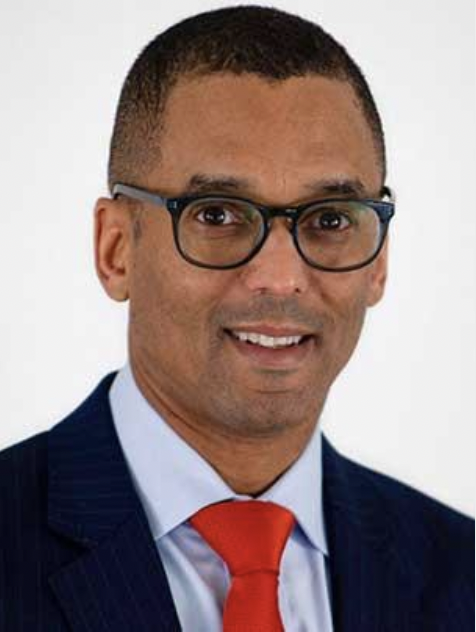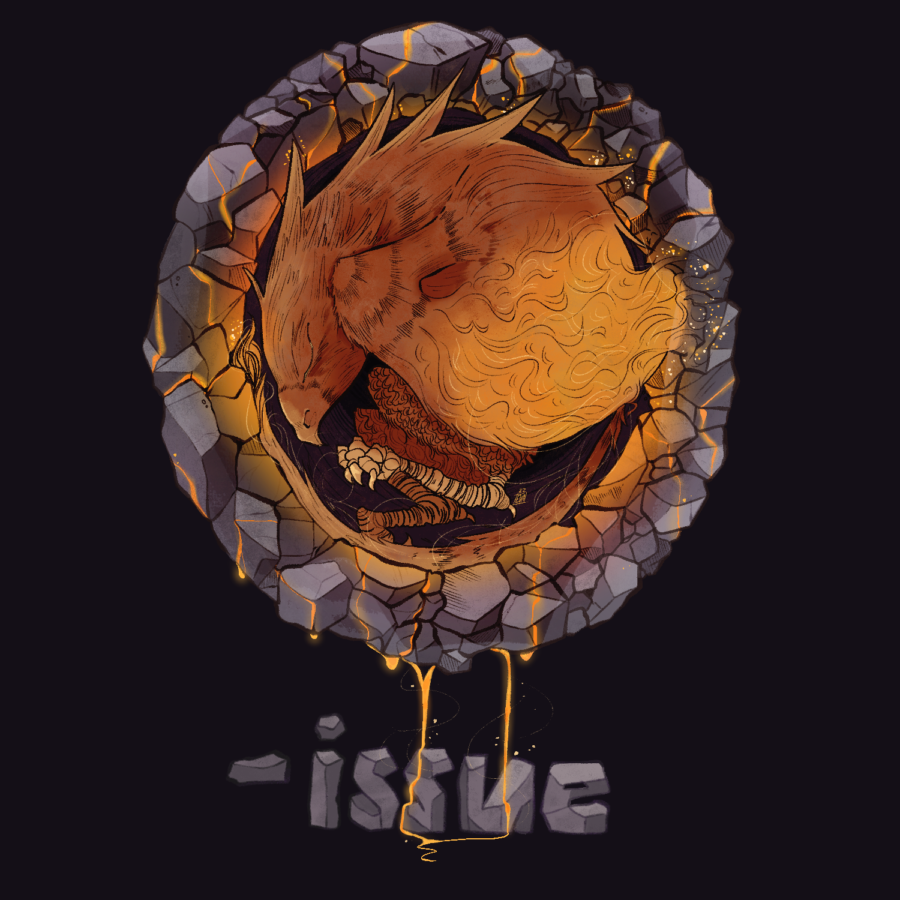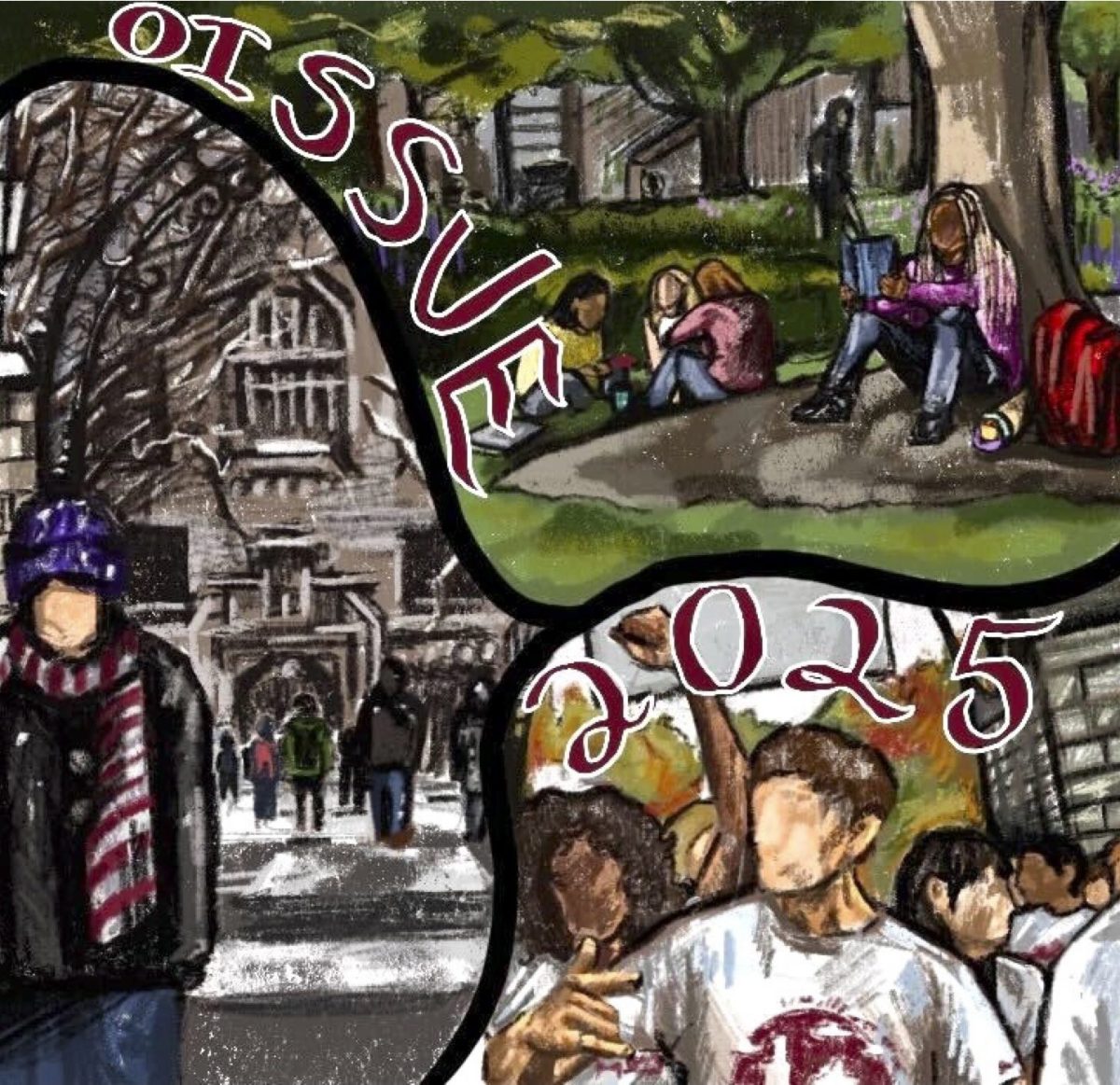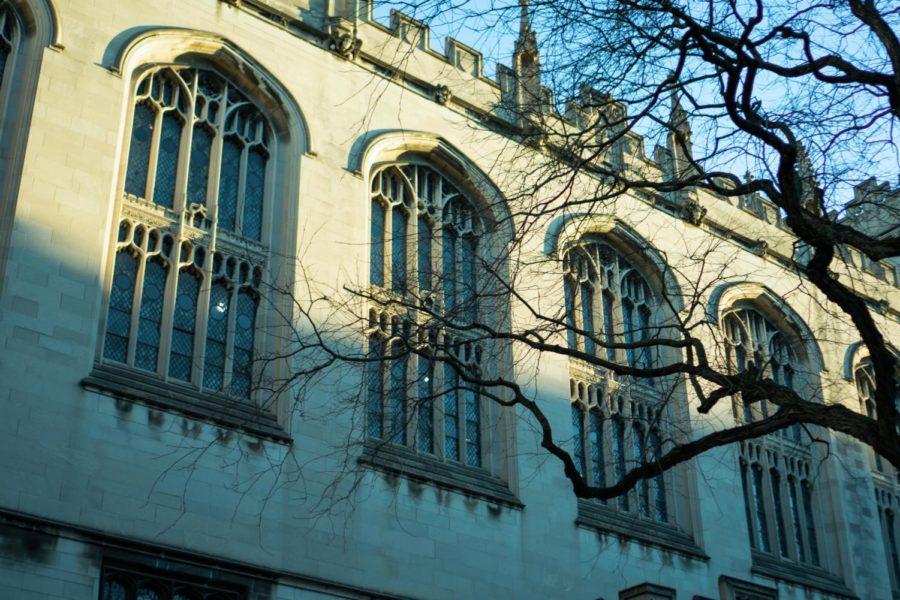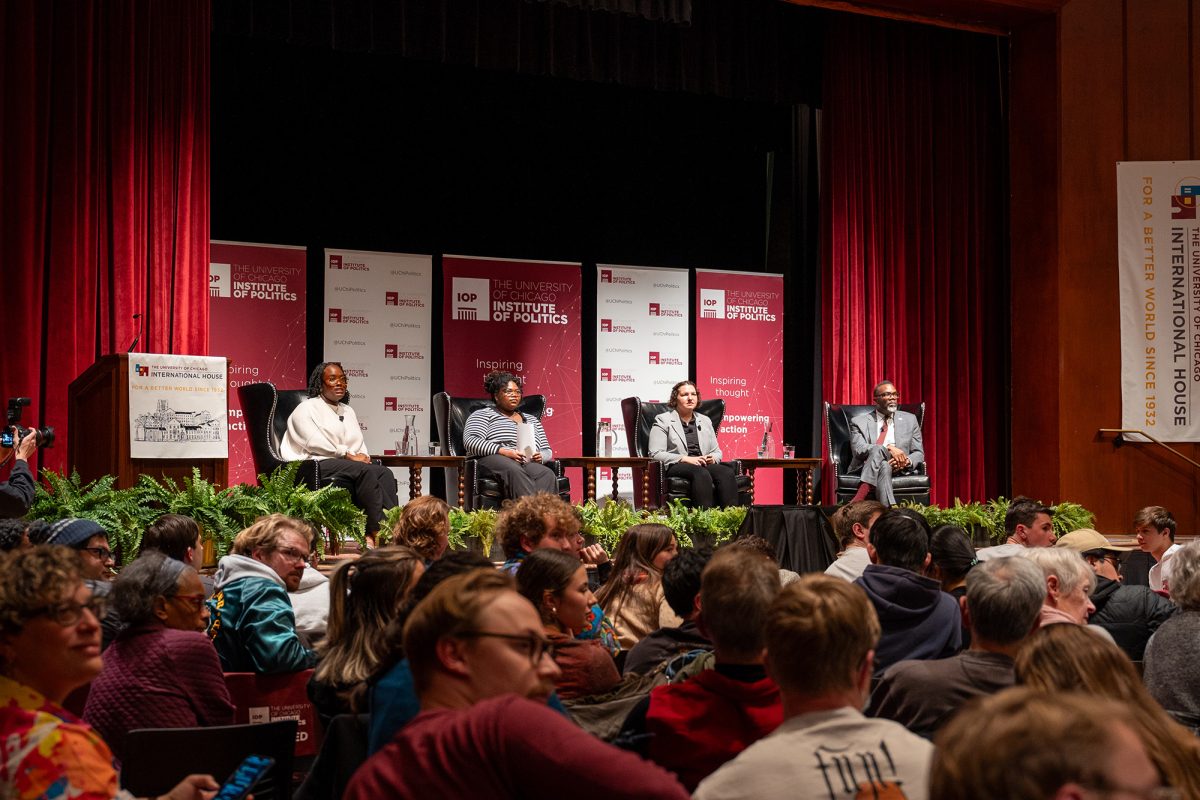On a sluggish afternoon in February of 2021, I groggily emerged from my nap to find that my UChicago admissions decision had arrived. I wanted to sleep past the inevitable rejection, but as it turns out, I didn’t need to. I spent so many hours alone in my room, scrambling through the FAFSA and CSS. I cried many nights from frustration, possessing little confidence in my essays. Then, that fateful day, I was greeted with the satisfying culmination of that hard work. My father and I jumped in each other’s arms, screaming and crying, followed by our proud, quiet embrace. But I wasn’t prepared to confront my intellectual inferiority at the time. The adrenaline eventually died down, and I was forced to reckon with the weight of the intelligence associated with UChicago’s reputation.
We all occupy this space, which is infamous for a certain intellectual prowess that elevates our reputation amongst other elite institutions. People never assume that my parents donated a building, or that I’m rich. I was chosen by UChicago because I’m intelligent. That’s the underlying assumption, yet I don’t think it’s entirely accurate. I’m surrounded by the realities of my friends, who’ve attended elite private schools domestically and internationally. Some of their parents may manage corporations that exploit people all over the world. Their parents are professors, doctors, lawyers from schools like UChicago, Georgetown, and Harvard, with accolades that I can’t fathom. As a result, my friends experience intellectual insecurity, especially as they’re forced to follow the footsteps of these accomplishments. They’re just as surprised when confronted with the presence of someone like me, as I have dealt with this insecurity all my life. I never considered myself intelligent. I definitely never thought I was intelligent enough to fit in with the other UChicago admittees.
I grew up in Las Vegas, the product of my Honduran and Filipina family before me. On my Honduran side there’s my Grampu, who works as an Uber driver, and my dad, who is a technician in customer service. On the Filipina side, my Lola was a seasoned street vendor in Long Beach, California. Now, she’s retired and helps my aunt sell fake luxury brand items. We lived paycheck-to-paycheck, below poverty, through homelessness, trudging through the stigma associated with refugees and our way of life.
I fulfill the stereotype of the “inner-city kid” almost too neatly. When I missed school, my teachers assumed I was just being lazy. People never realized that I was living in some stranger’s house that was an hour away from our school, taking care of my special-needs sister. They never realized that I was waking up at 3 a.m. every morning, packing our necessities, then preparing to take the long drive between different homes. I didn’t always take Honors classes—I had to repeat regular Algebra multiple times. It became normal for people to ask, “Is your family illegal?” or “Do they even speak English?” I think the most hurtful comment came in high school, from someone who took care of me and my sister. “Oh, great. She has a boyfriend now. She’s going to end up pregnant at 16, on welfare, and my tax money goes to hundreds of teenagers just like her!”
Now, imagine my confusion when those remarks changed over the span of a week, “You were accepted to UChicago?! You must be really smart!”
It’s flattering to be elevated to such a level. However, the dagger of internalized insecurity dug itself deeper the more I felt like my intelligence was a mask. Maybe you’ll experience the same doubt in your intelligence as I did. The difference is that I imagine you don’t feel like the smartest person in a room anymore. In Sosc class, you’ll realize that your teachers are less than impressed with your attempts to dismantle Rousseau’s views on the social contract. You can’t suggest a single counterpoint to discredit an argument. But maybe you occupy a similar space as I do. I was already struggling with my intelligence when I came to campus, overwhelmed with societal conceptions of my potential on the basis of my background. Now, I’ve come to terms with my unique perspective.
I’ve come to realize that my insecurity was a shared experience amongst my friends with similar struggles in poverty and racially segregated communities. I still received excellent marks while taking care of my special-needs sister full time, with a half night’s worth of sleep, and an abundance of absences from school. I spent days in my room, isolated from my loved ones, in an effort to focus more on assignments and projects. This was all while I dealt with constant abuse, questioned my worthiness, and watched my peers’ parents give them their wildest dreams—all while I was coping with the absence of my own parents. Now, I’m a research intern at the Indian Health Service and U.S. Department of Health. I use data analysis tools and demographic research to further explore the health and social disparities for Indigenous people in Central America. I eventually made it here, despite having to sacrifice more than people will ever give credit for.
One look at your skin, your struggles, your clothes, and people automatically lump students like me into categories, dismissed as just lazy or stupid. People didn’t take the time to understand who I was. I felt confined by labels thrown onto me over the years: Glass Child, Low-Income, First-Generation, Indigenous-Asian, Mixed BIPOC, and Two-Spirit. I would’ve just preferred if someone took an interest in my individual ambitions and life experiences, rather than attempt to oversimplify a diversity of experiences under additional precarious stereotypes. I learned that having a genuine interest in someone’s individual character always seems to hold more weight in understanding their passion and intelligence, rather than this pursuit of identity politics over one’s circumstances. At the same time, we look to our institution as the shining star of intellectual inquiry, though we give little charity to the idea that many students might not actually be that intelligent. Rather, it’s a combination of fortunate business connections, abundance of money, personal identity, etc. We pride ourselves on being the smartest without giving a fighting chance for the majority of the population. Am I implying that it’s easier for those with a foot in the door? Sure. Am I trying to diminish your feelings of intellectual inferiority if you do happen to be one of those people? Not necessarily.
Self-awareness, along with the immersion of perspectives around you, helps develop a fulfilling view of your own intelligence, whether personally or professionally. We exercise this ability as we converse and learn from outside our boundaries. You can examine important conditions of your upbringing (class, living situation, wealth, race, etc.) to determine your own view of intelligence that is independent from school and societal expectations. Our upbringings play a substantial role in shaping the intellectual inferiority (or superiority) that we’ve championed over the years, forcing most of us to adopt a mask during intellectual discourse. When that mask begins to crumble, I imagine many UChicago students experience an immediate fall from what little worth we believed we had at the start. As you anticipate your first year on campus, you’ll witness the same breakdowns as I did: students blurting out their intellectual insecurities, crying over a failed exam, or admitting to spurting out hogwash in seminar.
From my own experiences, I think I’m a lot more honest now about the way I view myself in respect to my place at this University. I have always loved to learn, and the University has only heightened my opportunities to continue my education. However, my love for learning has always existed outside of UChicago. It exists within the relationships I’ve prioritized before and during college, even if they’re vastly different from the perspectives I share. My friends in college have a mutual understanding of how UChicago’s identity, so predicated on intellectualism, is harmful. It allows me to truly embrace the people around me for who they are. That’s not to say I glorify my friends, but more often than not, I find that I am no longer confined to the occasional conversation about academics—I am more aware of my need to connect with people. I can express my personal stakes into the subjects I care about, and I can communicate to people more effectively as to why I organize, why I care, why I came to establish my purpose.
By being at this school, you’re tasked with these dilemmas. You’ll be challenged to confront your own views of intelligence with the lofty expectations of UChicago’s reputation. Yet I have no doubt you will find people that can hold passionate, personal conversations with you. They might be drastically different from you. I urge you to reflect on the importance of their character, values, and morals. I hope that you and your friends establish a strong connection between each other that otherwise isn’t present in purely intellectual conversations. You’ll learn to appreciate others, but most importantly, yourself. Otherwise, I don’t think my self-esteem would reach its current peak. I feel less confined by the weight of stereotypes from my circumstances and even less need to proclaim my intelligence in every situation. I can confidently say who supports and appreciates me. I know my purpose in life. I carry my experiences with immense gratitude and pride. Most importantly, I still carry my love for learning in all my relationships, learning from the shared vulnerabilities that you never hear in a seminar class. My intelligence involves not just the stimuli I receive from intense theological debates, but also the emotional attributes of my human nature. Both of these qualities don’t need to contradict with each other, contrary to our expectations as UChicago students.
I’d be more than thankful if my advice helps you along your college journey too. If you ever wanted to talk more on campus, you can always find me around, somewhere.
Danielle Lopez is a second-year in the College.


